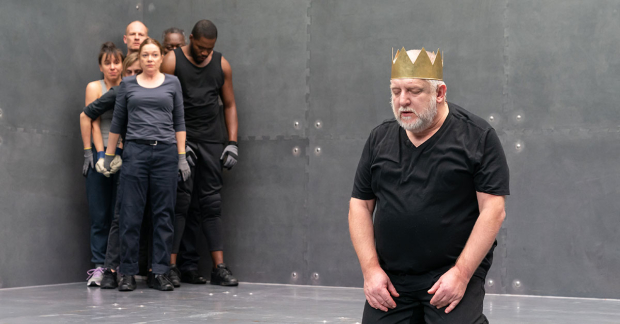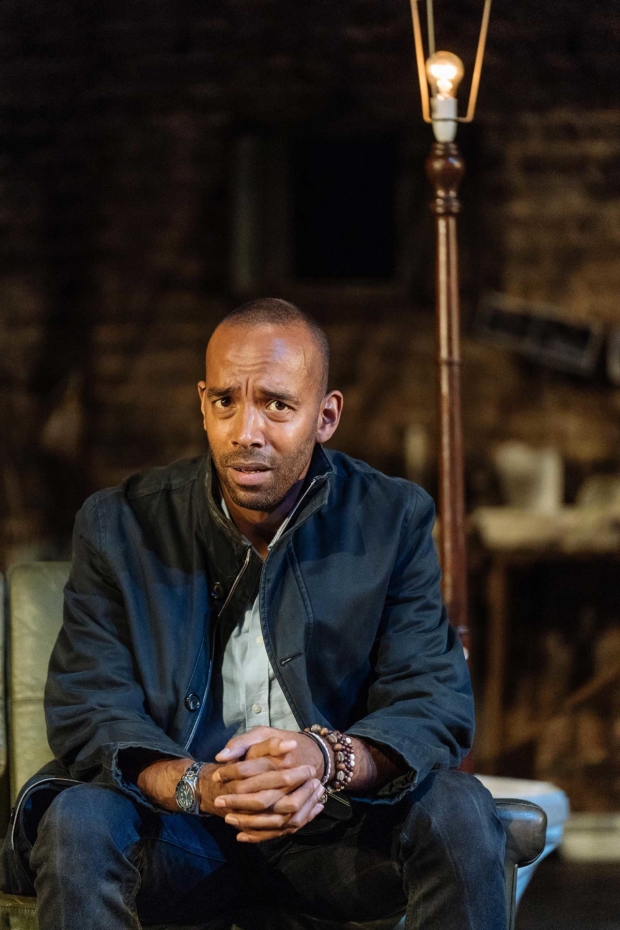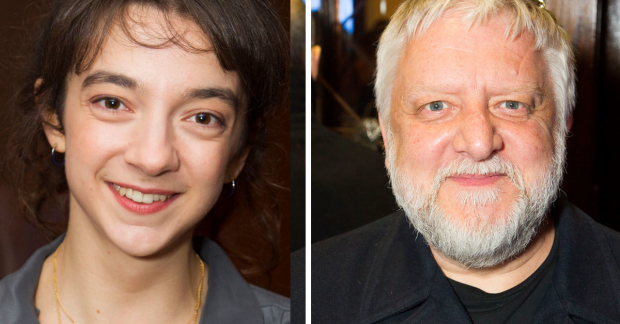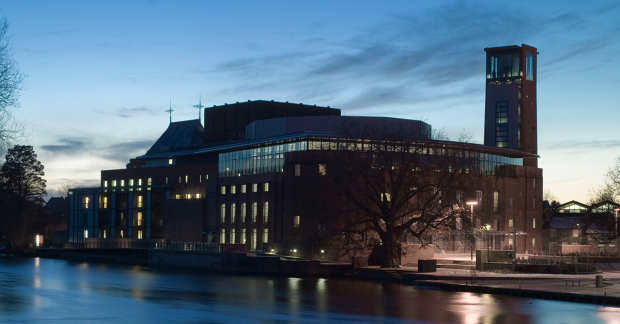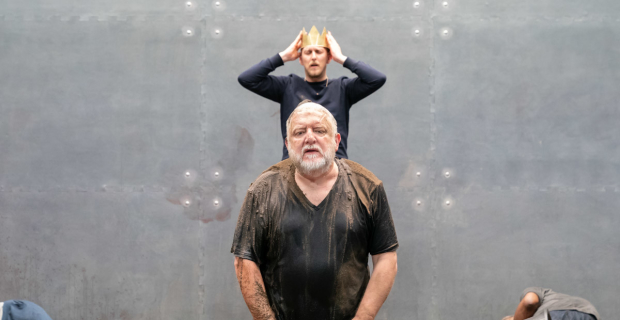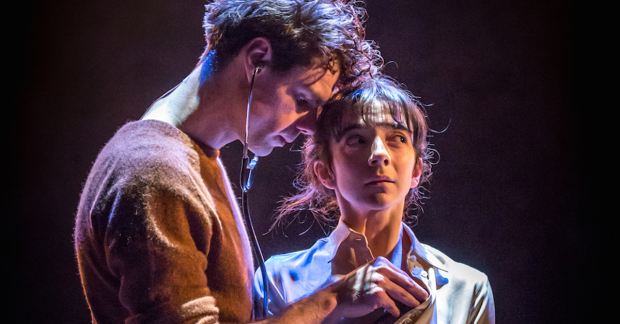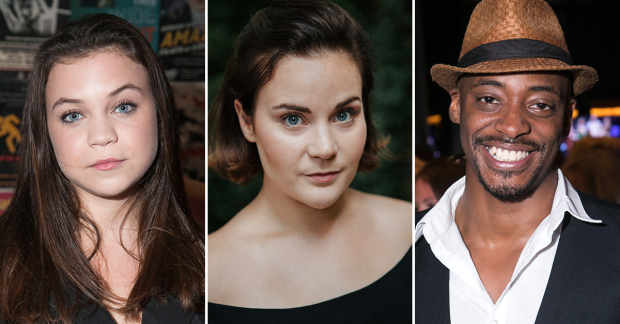Review: Shipwreck (Almeida Theatre)
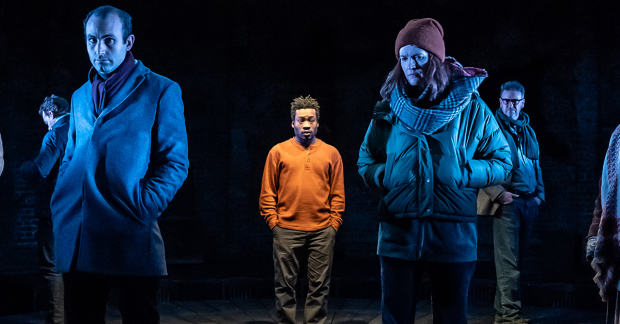
© Marc Brenner
Early in her new play about the presidency of Donald Trump, Anne Washburn offers a deliberate hostage to fortune. "Plays are about the Eternal moment, yes?" says Jools, liberal, tentative hostess of a gathering of friends that is about to go wrong. "Art needs time and space, we can all agree on that."
Washburn knows that she is defying this oft-quoted maxim when she writes a play, in white hot reaction, set just after the moment in June 2017 when former FBI director James Comey testified to the Senate Intelligence Committee about his relationship with the President and in particular about a dinner they had when Trump demanded his loyalty.
She uses this as a jumping off point for a three-hour-long phantasmagoric meditation on the current state of America. There is no pretence of reaching for the eternal. She is very specific and very concerned with the views of the eight liberal friends who gather in a renovated historic farmhouse and find themselves trapped in a snow storm, with nothing to talk about except the lack of food and drink, and the current state of their nation.
There is no doubt they are obsessed. Hippies Jim and Teresa arrive from attending a birth. "Megan requested a Trump-free birth process," says Teresa, deadpan. "Actually I think it must have been a Trump free … almost 24 hours." To which Allie, who fancies herself as a bit of a campaigner, albeit mainly via Facebook posts, replies: "That's amazing. I haven't had a Trump free 24 hours in…over a year."
Alongside these revolving conversations – in which, almost inevitably, a rich lawyer admits he voted for Trump to the horror of his friends and his partner – there is a secondary strand where we hear about a religious farmer (also a Trump voter) who adopted a baby from a Kenyan orphanage. In the hands of the exceptional Fisayo Akinade, the monologues of the boy, as he progresses from childhood to manhood, imagining the horrors of slavery, describing the difficulty of talking to his own child, are the most engrossing part of the play, precise and savage, funny and coruscating.
Elsewhere, there is much to admire. Washburn's writing is often razor sharp and pungent. Her observation that Trump is somehow a corrective to the darkness lurking unrecognised beneath liberal assumption, is acute. But as scene follows scene, in a spiral that accelerates into increasing unreality, it is hard to avoid a sense of indulgence. It is all so baggy; two fantasy scenes about Trump's behaviour just seem to go on forever.
What saves the night is Rupert Goold's tonally astute production, which moves from stark semi-reality to the image of a wildly cavorting Trump, painted in gold and looking like a Roman Emperor, with ease and conviction. Miriam Buether's setting, and video from Luke Halls that flicks fantastical images of American politics on the brick back wall, also add to the sense of impending doom, the danger beneath the ice.
The acting too is uniformly superb. As Allie, Justine Mitchell has a wonderful tone of sardonic despair; her timing is immaculate. Doubling roles, Risteárd Cooper and Tara Fitzgerald catch exactly the right notes, as do Adam James and Khalid Abdalla as squabbling lawyers, and Raquel Cassidy as weary Jools, who just longs to be "post taste." Elliot Cowan copes admirably with being asked to impersonate the president.
Together they conjure the exhaustion of what Washburn calls "ultra-performative white liberalism." But in trying to make the darkness visible, in trying to explain Trump, the playwright herself has produced an exhaustingly prolix evening.



